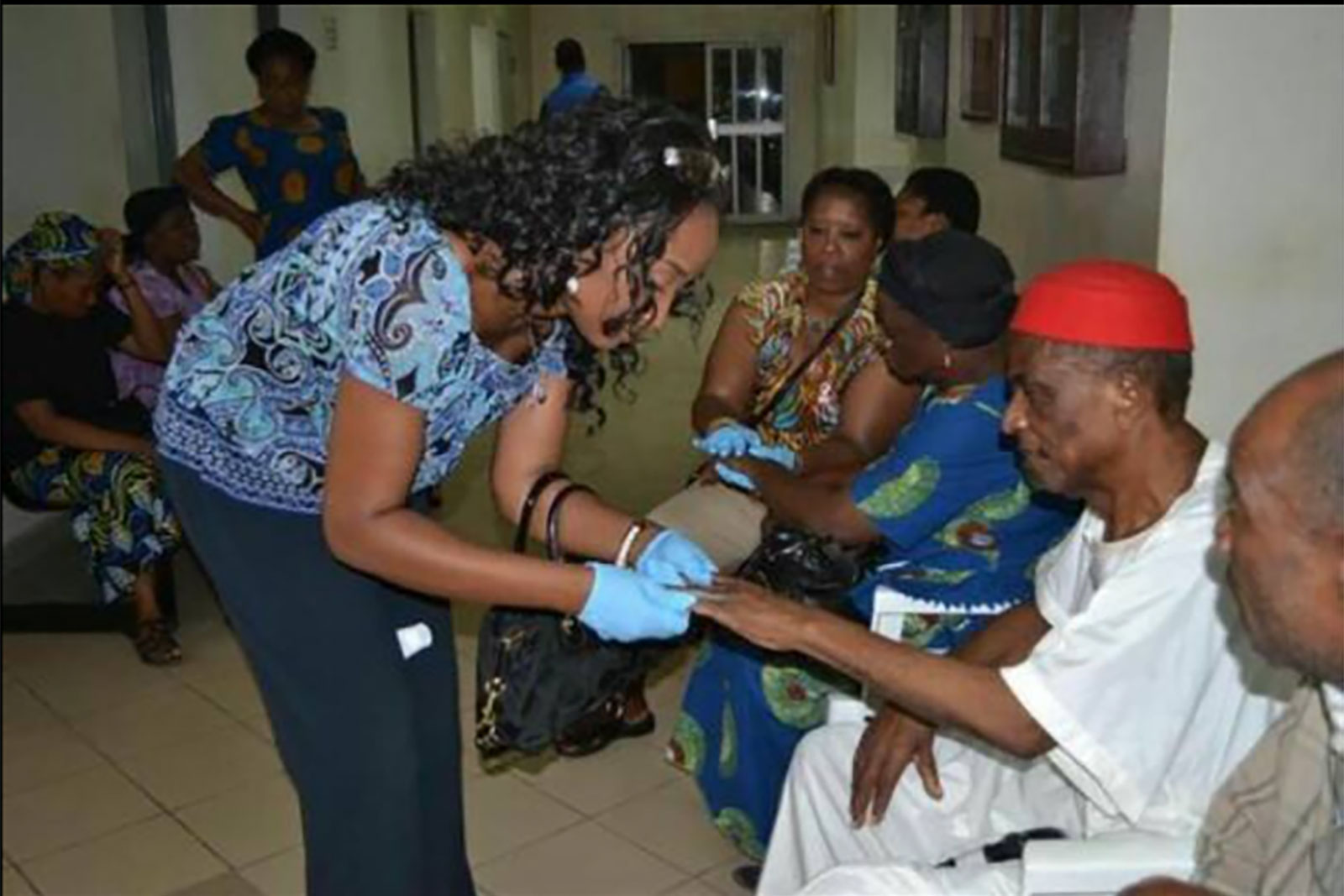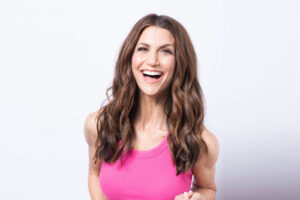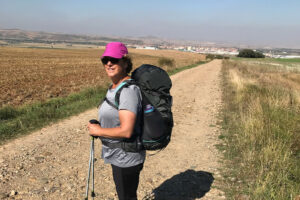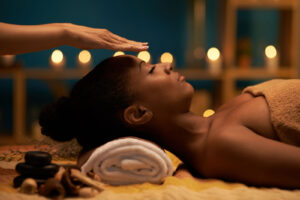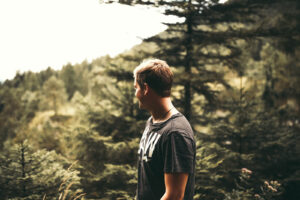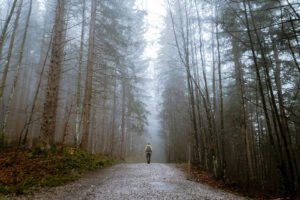As told to Francesca Halikias
I was diagnosed with breast cancer in 2008. Being an African woman and also a mother of two at the time of my diagnosis [was] very devastating because the natural stigma in Africa when you have cancer is that it is a death sentence.
Even though I wasn’t in Africa when I was diagnosed, I’m still an African woman so the first thing that [came] to mind [was] ‘I’m [going to] die.’ So it was very traumatic for me. We all naturally hear about cancer from somewhat of a distance, and of course you wish them well and pray for them, but when it happens close to home it’s a big shock. Having a young family of a three-year-old and a one-year-old daughter, I didn’t know how to think about it. All I kept saying to myself was ‘Who’s going to raise my kids?’ And as a mother, there is nobody else you trust to love them as much as you would want to love them. It was heartbreaking and devastating news for me.
When I got diagnosed, I was fortunate to have great medical professionals around me. I was in Michigan working at the time when I noticed a lump. My doctor did extensive screening and confirmed that it was cancerous. I had my mastectomy in Michigan and then moved to Wisconsin because I was referred to the medical college [there]. I was lucky to have great professionals around me who really helped me get through that process.
Cancer is something that renders even a wealthy person from rich to poor because the treatments are expensive. So having gone through that and being an African woman, I reached out to my medical professionals because I would constantly ask questions [like] ‘Am I going to die?’ or ‘How do I start planning my will and all of that?’ In that process I noticed there was a lot of information and resources that were provided to me that I knew we didn’t have in the African community, even in Wisconsin, let alone Africa as a continent because a lot of times when you go through [cancer], the African stigma is [that it is] a curse. Nobody really sees it as a disease.
I took it upon myself after [my] treatment [was finished] to go into the community with the help of other big organizations who assisted me. I teamed up with a group of nurses [and we] would go into the community to educate women on breast health care [and] what to look out for. I wanted to be able to give back to the community after [my] diagnosis and remission and in doing that, I realized that the African community didn’t have any of those resources. It’s not something we can entertain because we term [cancer] as a curse.
I invited more [nurses] into the African community [and asked], ‘Can you come talk to my people, because a lot of the information you provide here, we do not have. We never did.’ From there, I started an organization—Courage to Dare—which not only was limited to the United States but also in Africa as a continent. I was fortunate to get a lot of medical professionals who traveled with me to Africa to educate [and] empower women, and [I used] my story as a forefront point to say to women that when you are diagnosed, it doesn’t mean that it has to be a death sentence.
As African women, we should learn to speak up, because early detection is key. If the professionals don’t know, nobody knows how to help you if you don’t speak up. And we don’t have to shy away from it. Secondly, it’s a disease, not a curse. So with that, I have been fortunate to meet a lot of wonderful women, both those diagnosed and those in remission, and be an advocate [for them].
I have been lucky to be there for those [patients] undergoing surgeries that would want me to come to just be at the hospital, because that was my way of giving back. [We were] able to find resources that could help those who [were] not able to afford certain treatment [or] insurance.
With that, Courage to Dare has been noticed in the community, not just in the United States but also in Africa, [where we have been] going into the underserved communities where a lot of people don’t have access to any kind of media. We’re going into villages, talking to women and children. And for children that have lost their parents to cancer, [we] educate them and let them understand what really happened and what they should look out for and what kind of questions they can ask the medical professionals.
I thought to myself, what kind of outlet can I share with other people out there, especially in Africa, [to let] them understand that what [they’re] going through, someone else has probably gone through it?
I started putting together a docu-drama called ‘One Quiet Voice Above the Silence.’ [It] was a platform for people to see different women going through this diagnosis and how they were able to cope through it, knowing that there’s no magic to it other than just speak up and let other people be able to help you.
I also started the Juliet U project that incorporates learning to bring beauty back, because a lot of times when you’re diagnosed with cancer, people just feel like they’re no longer beautiful. But then what is beauty? Beauty is from within. When I was diagnosed, I lost my hair. I had stage IIIC [breast cancer], pretty much stage IV, but then you have to look within yourself and find that beauty. [I want to teach] women that you can always find your beauty [again].
Just find the beauty within you. You don’t have to lose hope. People feel like when you lose your hair, you are no longer beautiful, but there is so much more to beauty than just the physical. Having been diagnosed with cancer, you see the world differently. You see life differently from how you used to see it. You tend to appreciate more.
What I’ve always said to people is, ‘Just because you’ve been diagnosed with this disease doesn’t mean that it’s the end. There is life after cancer.’ We have to learn to find the beauty within ourselves. Grow from there.
My legacy, I hope, is to inspire as many people as I can through my story. Those that have lost that hope, that think there’s no life after the diagnosis of cancer—[I want them to] understand that it’s not a death sentence. Life is worth living to the fullest. As long as you can breathe, until you take that last breath, do not give up.

